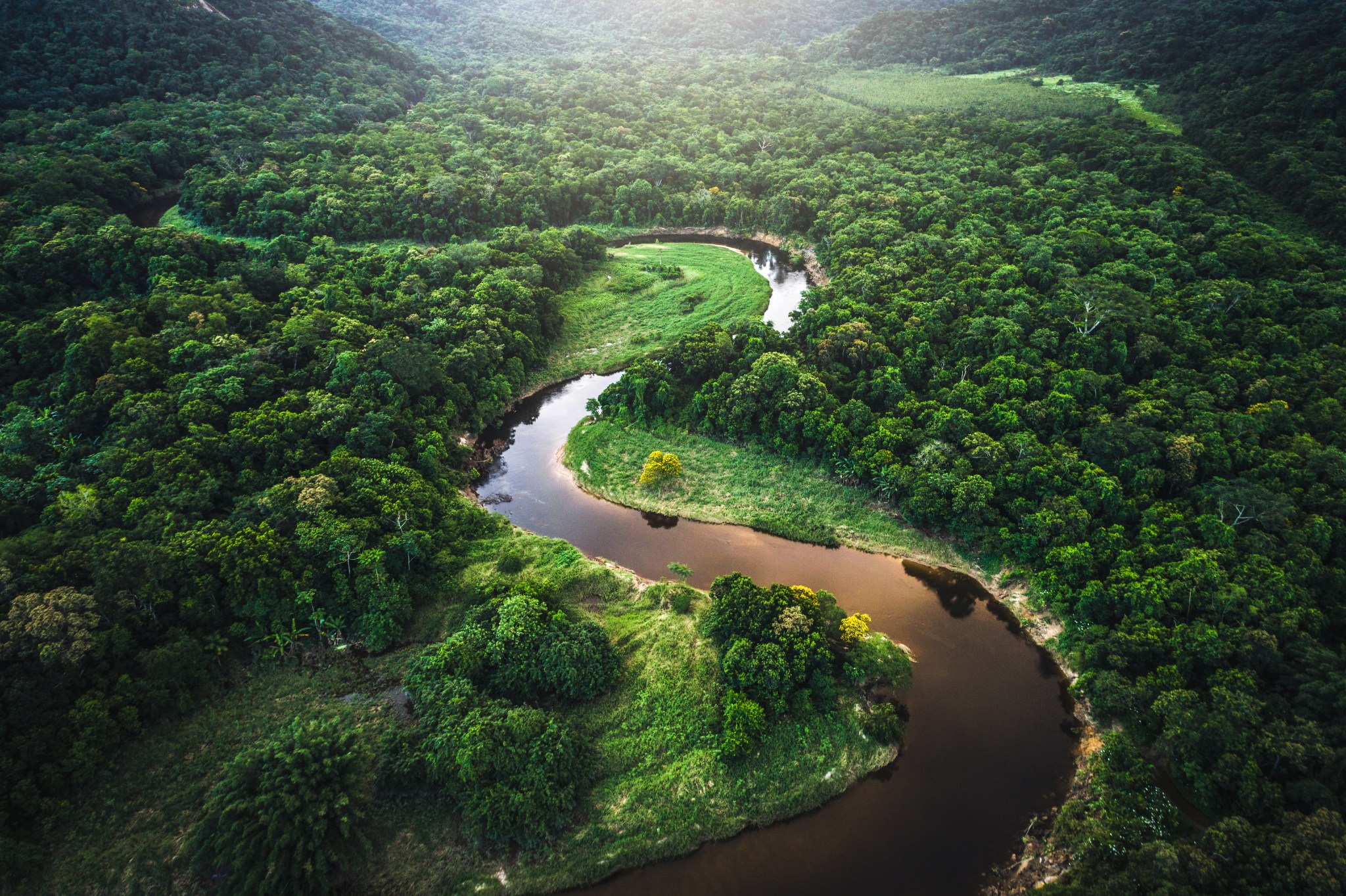Spyxos
Member

Some of the village elders told the NYT the younger generations have been less interested in traditional ways of life since the internet was brought to the community. One elder said people in the tribe have become "lazy" and are "learning the ways of the white people," but she still asked for the internet access to remain. Enoque Marubo (all Marubo people use the same surname), a leader of the tribe, is a leading advocate for internet access. Still, he noted the internet was initially "detrimental," specifically to the tribe's hunting and fishing regimen. With so much to peruse online, no one wanted to do the work, he said.
For this reason, Enoque and other leaders agreed to implement limits to internet access. The internet is only on for two hours in the morning, five hours in the evening and on Sundays. Alfredo Marubo, the leader of a Marubo association of villages, told the NYT he's especially unsettled by the newfound prevalence of pornography among the tribe's young men. Though the tribe's traditional culture frowns on public romantic affections like kissing, Alfredo said many boys have been sharing sexually explicit videos in group chats.
Even video games, namely first-person shooters, have become an issue among the tribe, with some elders worrying they will inspire copycat violence. Prior to the installation of Starlink antennas in the region, many Marubo already had cellphones. The phones were used to communicate when in the city or to take photographs.

Remote Amazon tribe hooked on the internet, thanks to Elon Musk’s Starlink - National | Globalnews.ca
Though most of the world has had decades to grapple with the repercussions of the internet, tribes living in the Amazon's Indigenous villages are playing catch-up.


